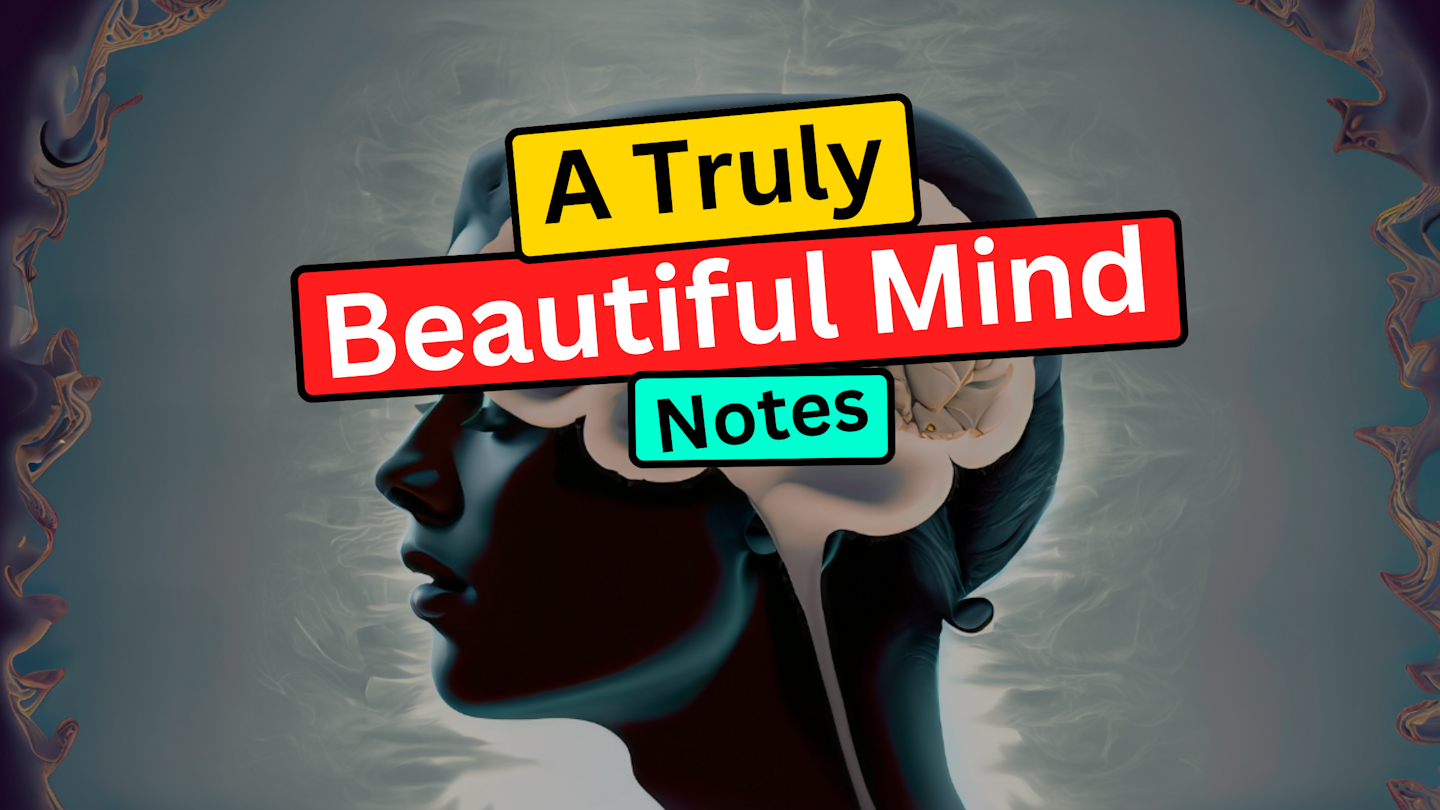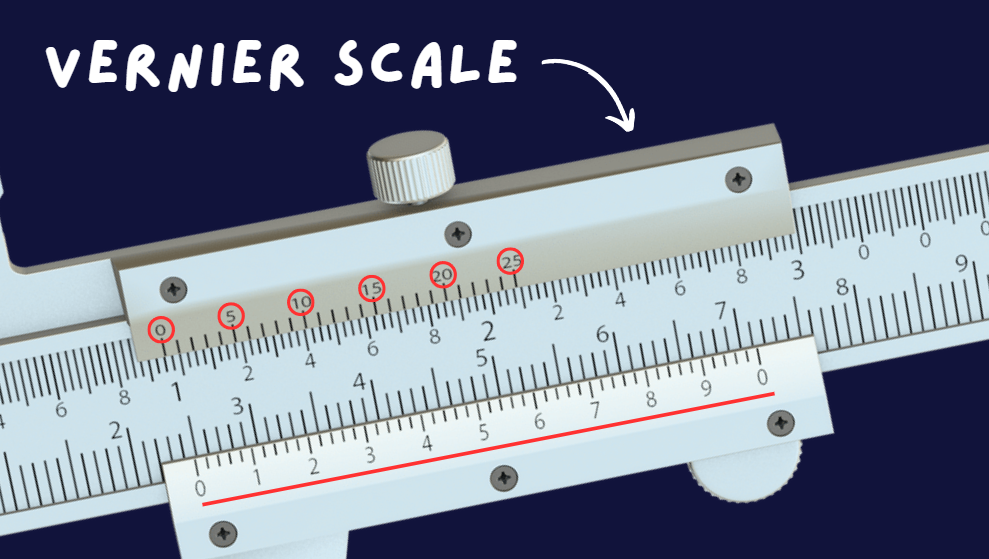A Truly Beautiful Mind Class 9 English, Beehive Summary

Etutor Guru
22 Aug 2023
Introduction
The chapter details Albert Einstein’s life, who is considered to be the greatest scientist of the 20th century. Einstein’s mother thought he was unusual. He was an expert in physics and mathematics. He received his diploma in 1900 and began working as a technical expert in 1902 where he evaluated other people’s inventions while covertly creating his own. After his General Theory of Relativity was published in 1915, he gained notoriety throughout the world. In 1921, he received the Physics Nobel Prize. In his later years, he worked for democracy and world peace.
Summary
In the German city of Ulm, on March 14, 1879, Albert Einstein was born. Because of the size of his head compared to other kids, his mother believed he was a freak (an abnormal child). Even at the age of two and a half years, he was mute.
He repeated everything he said when he first began to speak. Einstein disliked being around friends. His peers referred to him as Brother Boring. He spent time alone with mechanical toys. He had a poor performance at school. At the age of six, Einstein began learning the violin, and he later took up the instrument as a hobby.
High school was attended by Einstein in Munich, where his family had relocated. He did well in school and earned good grades across the board. Einstein frequently quarrelled with his teachers and disliked the rigid rules of the school. At the age of 15, he dropped out of school. Although his parents moved to Milan, Einstein remained in Switzerland to finish his education. Einstein excelled in mathematics and was passionate about physics. He made the decision to attend a university in Zurich after finishing high school. In the year 1900, Einstein received his diploma at the age of 21. Einstein fell in love with Mileva Maric, a Serbian student at the University of Zurich. One of the few universities in Zurich where women could earn degrees was the university. She travelled to Switzerland as a result.
Albert Einstein earned his university degree at the age of 21. He provided private instruction while working as a teaching assistant. In 1902, he was hired as a technical expert at the Bern patent office. He also quietly developed his own ideas at the same time. In 1905, he released his Special Theory of Relativity, which postulated that neither space nor time are absolute. He derived the most well-known formula in the world, E = mc2, which described the relationship between mass and energy, from this theory. (Where c is the speed of light in a vacuum, m is mass, and E is energy.)
Mileva Maric was a bright young woman. She was the woman Einstein wanted to marry, but his mother forbade it. Mileva was too old, in her opinion, for Einstein. However, in 1903, Einstein wed her. Despite having two sons, their marriage did not work out, and in 1919 they were finally divorced. In the same year, Einstein wed his cousin Elsa. His latest work made Einstein a household name. He released his General Theory of Relativity in 1915. It offered a fresh perspective on gravity. In 1919, a solar eclipse validated his hypothesis. Due to the fact that his work was regarded as a scientific revolution, he rose to fame. In 1921, he was awarded the Physics Nobel Prize.
When the Nazis assumed power in Germany in 1933, Einstein immigrated (moved) to the United States. In 1938, scientists in Berlin discovered the nuclear fission process. The Nazis building an atomic bomb terrified American physicists. Einstein wrote a letter to American President Franklin D. Roosevelt on August 2, 1939, outlining the immense destruction that a single atomic bomb is capable of causing. But his advice was disregarded. During World War II, the Americans secretly created the atomic bomb and dropped it on the Japanese cities of Hiroshima and Nagasaki in August 1945.
Einstein was very upset about the extensive damage the atomic bomb had wrought. So, he suggested the creation of a global government in a lengthy official letter to the United Nations. However, this had no impact. In the years that followed, he increased his political involvement while continuing to work for global peace and democracy. He ran a campaign to stop the armaments buildup. At the age of 76, he passed away in 1955. He was admired for his foresight, global citizenship, and scientific brilliance.

